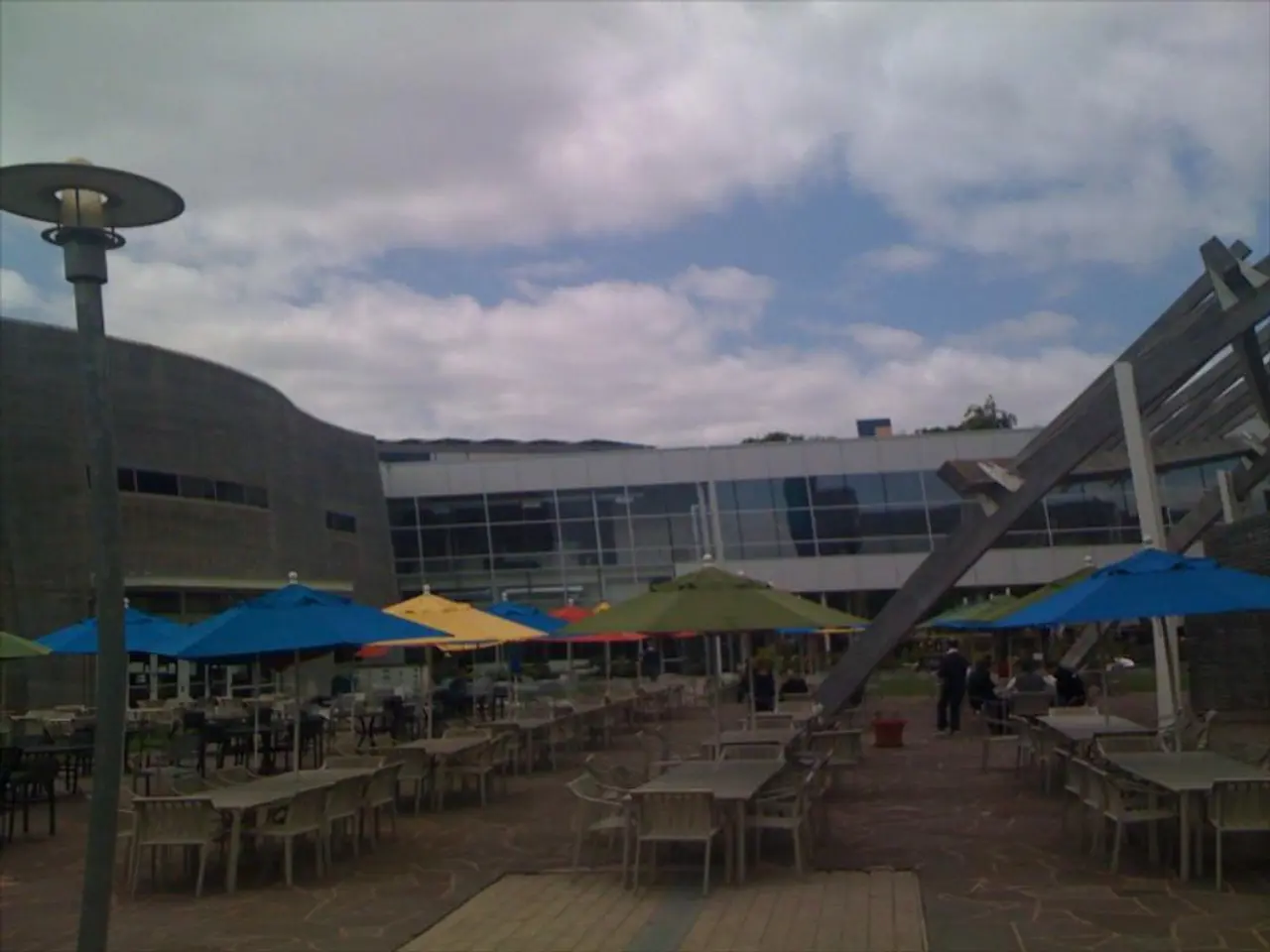Business Analysis: OneWay Ltd (OWL) in the Realm of Business Management - A Detailed Examination Based on Case Study from IB N24
In the picturesque island of Xanadu, OneWay Ltd (OWL), a family-owned hotel chain, faces strategic decisions as it considers closing one of its hotels to build a theme park. This move comes amidst a slow-growing tourism market and various challenges that require careful consideration.
Strategic Analysis:
The tourism market in 2023 is marked by slow growth, a residual effect of the post-pandemic recovery. This cautious demand environment presents risks for large capital investments like a theme park, but also offers potential for future growth if the market stabilises or expands. Closing one hotel could help reduce operational costs and consolidate resources, but may lead to loss of loyal customers and potential damage to brand presence. Introducing a theme park could diversify OWL's offerings, attracting a broader customer base and increasing visitor stay duration and spend.
Potential Challenges:
- Post-Pandemic Recovery: Tourism recovery remains uneven, with lingering traveler hesitancy and changing consumer preferences that may impact theme park visitation and hotel occupancy unpredictably.
- Labor Issues: Migrant labor, often essential in hospitality and theme park operations, faces challenges such as stricter immigration policies and workforce shortages. Seasonal employment complicates this further by causing fluctuations in availability and increasing recruitment and training costs.
- Sustainability: Environmental sustainability is increasingly crucial in tourism. OWL must ensure both hotel operations and theme park development meet regulatory requirements and consumer expectations related to carbon footprint, waste management, and resource use to avoid reputational damage and potential legal challenges.
- Financial Risks: Building a theme park requires substantial capital expenditure, with uncertain returns in a slow-growth market. OWL must carefully analyse demand forecasts, financing options, and contingency plans.
- Competitive Landscape: OWL must evaluate local competition, including other hotels and entertainment venues, and consider how the theme park adds unique value.
Summary:
OWL's strategic move to close one hotel and invest in a theme park during a slow tourism market could reposition the company for future growth but entails navigating complex challenges in labor availability, market dynamics, sustainability, and financial risk. A thorough market analysis, stakeholder engagement, and flexible operational planning will be critical for success.
Before the pandemic, OWL faced increased competition and stagnant profit growth from 2010 to 2020. However, the tourism and hospitality sector is now experiencing recovery. OWL's employee structure includes full-time, part-time, and temporary workers, with the majority being migrant workers from Utopia. The management of OWL's hotels involves staffing, guest services, revenue management, and facility maintenance.
A family-owned business, OWL, can influence decision-making processes, long-term planning, and company culture. However, potential challenges include succession planning, balancing family and business interests, and access to capital. Changing consumer preferences in travel and leisure are impacting the tourism industry. In 2023, Xanadu attracted 4.2 million tourists, but growth is expected to be slow in the coming years.
Theme park operations require management of large-scale entertainment facilities with rides, attractions, and other amusements. As OWL contemplates this strategic shift, it is crucial to address these challenges head-on to ensure a successful future in the evolving tourism landscape.
- With the financial risks associated with building a theme park in a slow-growing market, OneWay Ltd (OWL) must carefully analyze demand forecasts, financing options, and contingency plans to minimize potential losses.
- The potential closure of one hotel could lead to loss of loyal customers and potential damage to brand presence, which are significant concerns that OWL should address as it explores the possibility of investing in a theme park.




